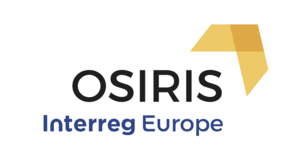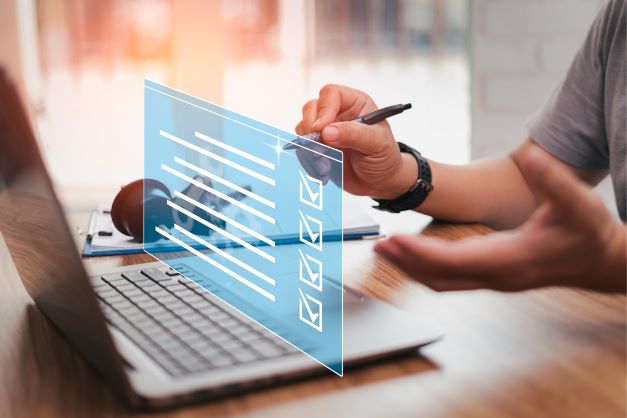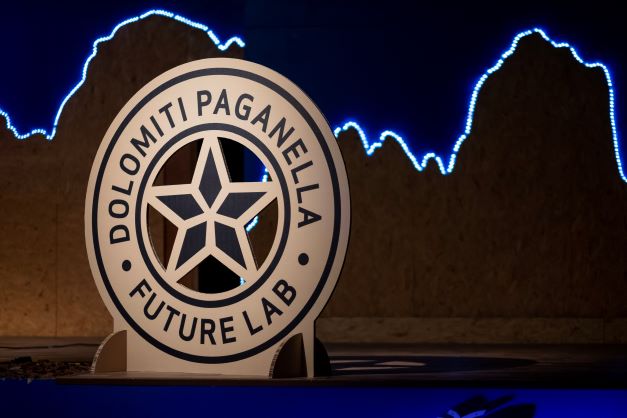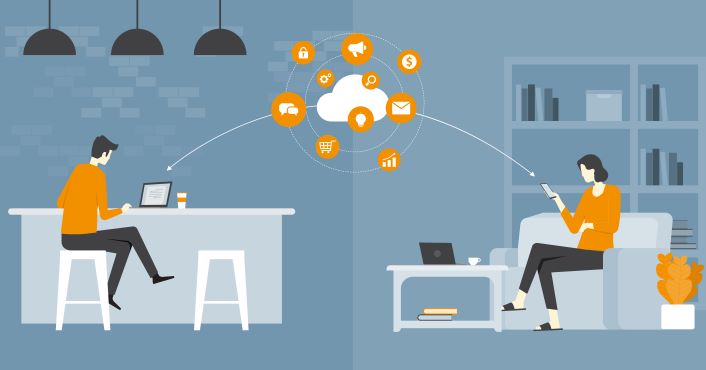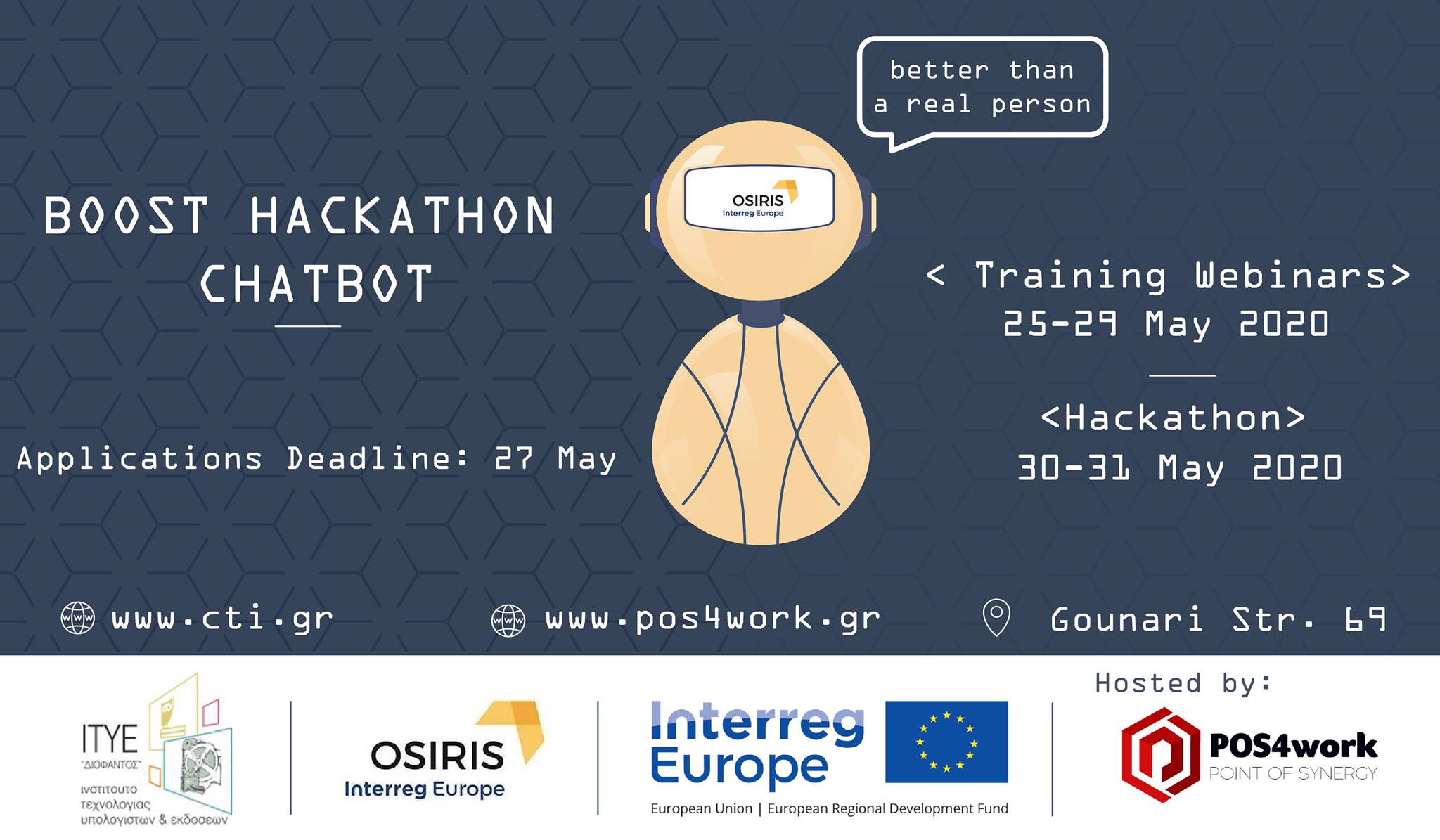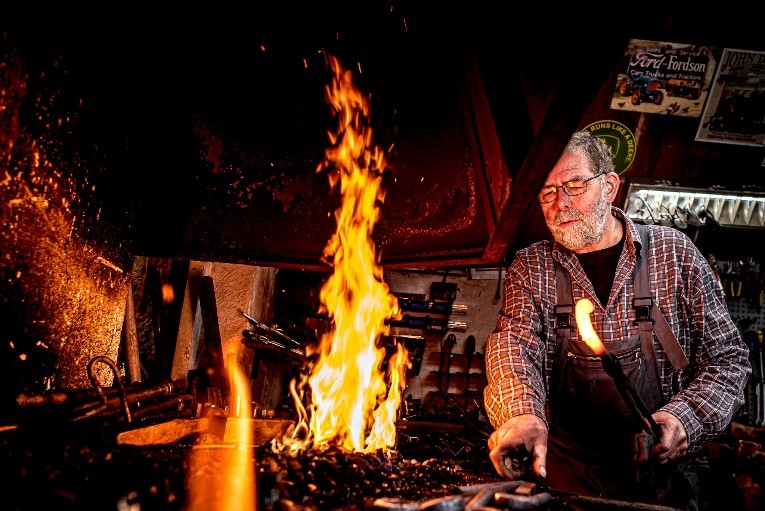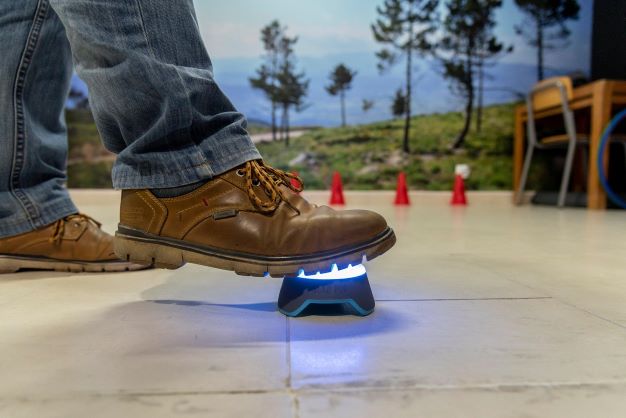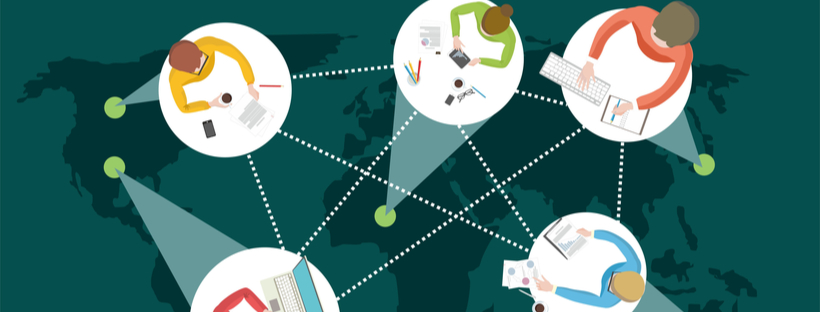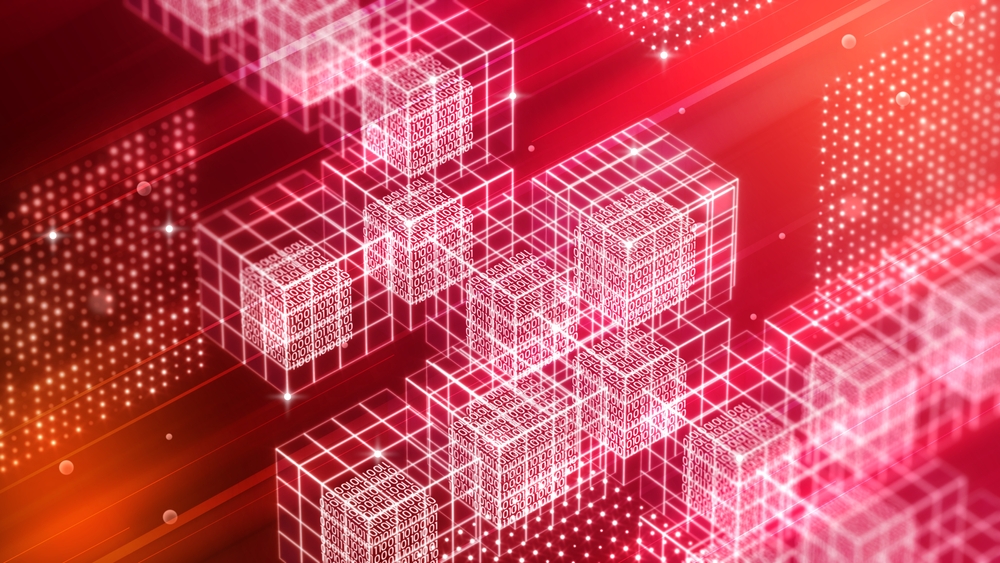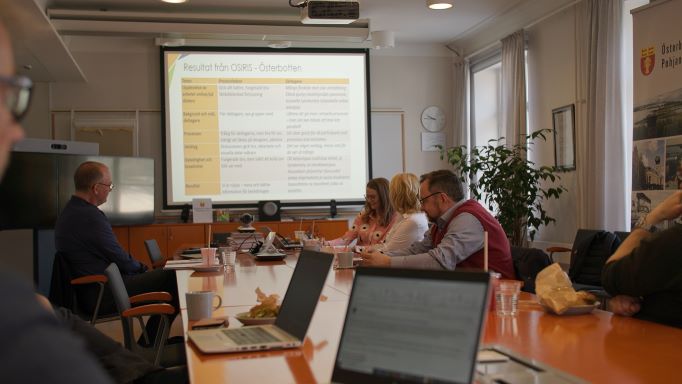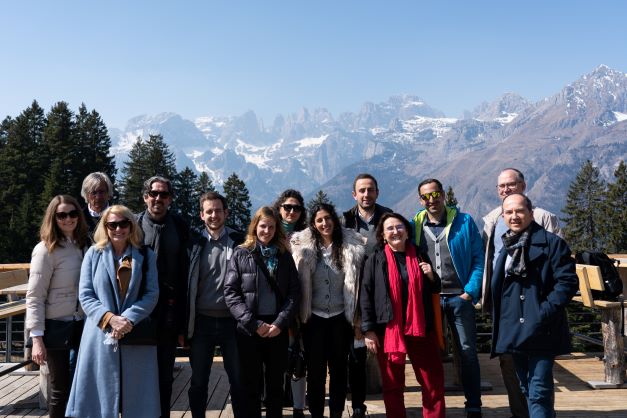Sören Andersson, stakeholder of the Regional Council of Ostrobothnia, Finland, participated in the OSIRIS partner meeting and staff exchange in Trento, Italy in September 2017. Sören Andersson works on an IoT in Energy Systems project with the Unit of Energy Technology at Åbo Akademi University.
1. Why did you join the Osiris activities?
I am currently managing an ERDF funded research project on IoT and smart energy systems. From the viewpoint of this project, the OSIRIS partner meeting in Trento was a great opportunity to learn more about data driven development as well as to share experiences and gain new ideas and contacts within this field. In addition, it was very interesting and eye-opening to compare how the public and private sectors in Ostrobothnia work with open data to the progress made by other regions in this field.
2. What did you learn from participating?
I was not aware of all the work done on semantic standards and catalogues on an EU level and how these standards can be reused when supplying data. Overall, the training showed and explained very well the data and analytics framework used in Italy when putting together data. On the other hand, the study visits arranged during the meeting gave ideas on platforms and activities to enhance cooperation between the public, private and higher-education sector.
3. How can you transfer this knowledge to your own work?
Seeing the potential impact of open data, we recently decided within our project to openly publish local weather station data on the production of wind power and solar power. In this way both private consumer and students will be able to explore the data sets and conduct further tests on real-time data collected during the project. We realized that this could hopefully lead to more exact calculations on the generation of energy from different sources and thereby facilitate decisions on investments in greener energy solutions.
4. Did you get new useful contacts for your own work?
Yes, I received valuable contacts to, for example, actors in Sweden working with similar projects in the field of IoT. We have recently been in contact in order to arrange a study visit and to get to know each other’s research activities even better.
5. Given the lessons learned – how do you see that the innovation system in your own region can be improved? If possible, give a few concrete examples.
Regarding data driven development, I think there is a need to enhance knowledge in society on how to use open data. There is a need to raise the awareness both in schools and in companies. Given the broad nature of the concept, I think the awareness needs to be raised by, for example, illuminating good and concrete examples on different solutions done within this field.
Overall, the region of Ostrobothnia is characterized by rather good cooperation between the public, private and higher-education sector. Given our lessons learned in Trento two ideas arouse on how this cooperation, and thereby also the innovation system, could be improved.
First, the region of Ostrobothnia has four universities and two universities of applied sciences. In view of that, the region would benefit from having a platform which would support both the commercialization of the research and the communication of research activities and results to students, citizens and companies. By increasing the communication, the up-take of research by companies, in particular by SMEs could be enhanced.
Second, the innovation system and in particular, the region’s metal industry branch could be strengthened by establishing a platform or hub focusing on manufacturing and prototyping new products. On the same topic, more development projects related to metal 3d printing and advanced production methods would be of value for the competitiveness of the industry.
